Annette Kenzi (31 years old) is the mother of twins. When her two boys (1.5 years old) both had a high fever and lost their appetite, she decided to go to Katenda's rural health center. Together with her brother, she arrived on foot after a walk of 6 kilometers, each carrying a child. The nurse examined the twins but hesitated.
The children showed all kinds of different symptoms which could indicate a variety of ailments, so she used the smart glasses to ask the doctor in the hospital of Kingandu for advice. The doctor wasn’t that worried about the first boy (probably mild malaria, easy to treat) but when he noticed the conditions of the second son, he answered resolutely: “the boys should come to the hospital.” The motor ambulance was sent out and 2 hours later Annette could leave with her sons to the hospital (at 28 km distance).
"The ride was not easy," she said. "I was sitting on the back of the motorbike with a child in each arm. Jacques was very weakened and it was difficult for me to support him on the bumpy roads." It wasn't just physically hard for her, also mentally she suffered. "I really feared that Jacques wouldn't make it.”
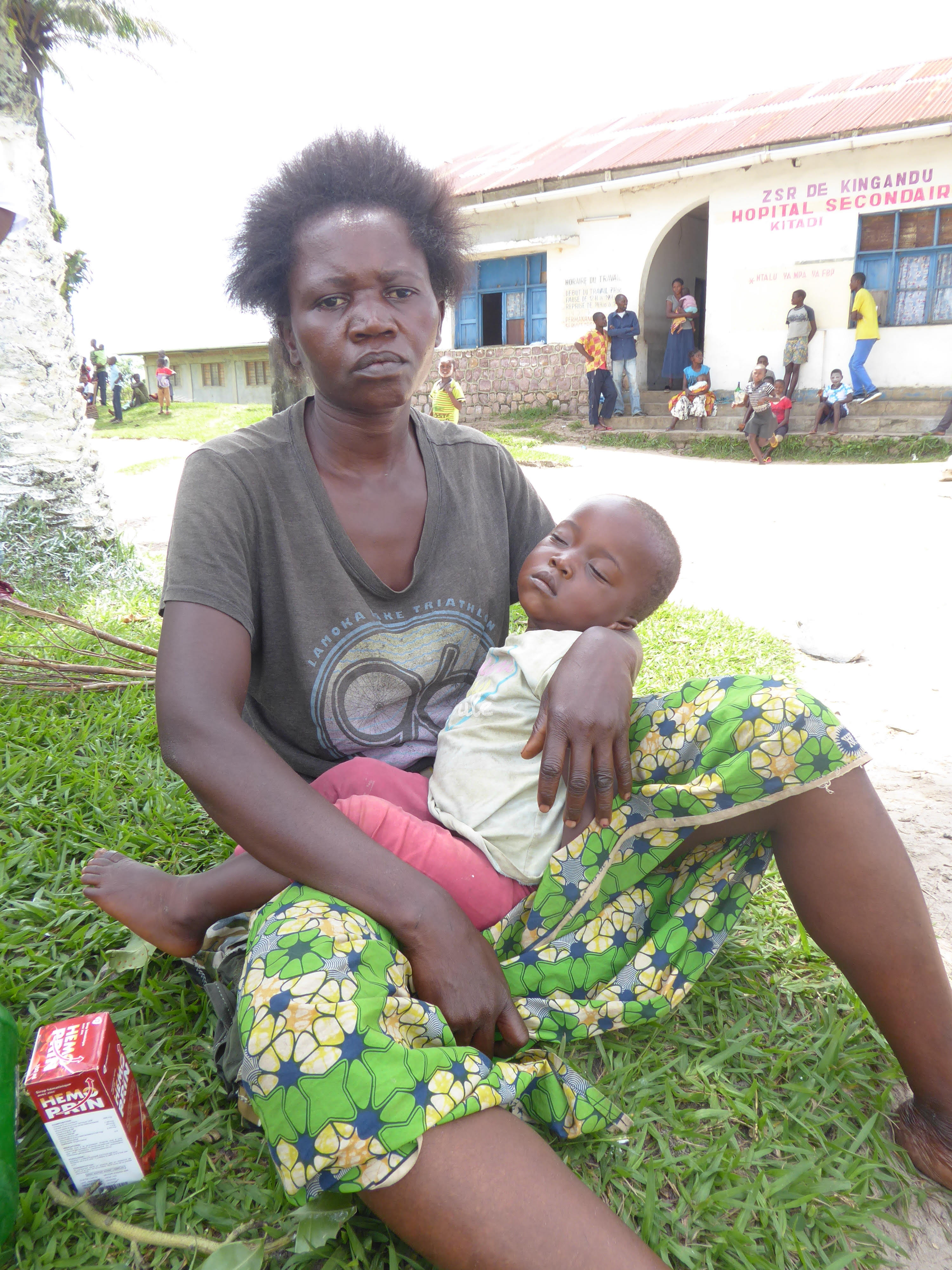
Since the doctor himself had referred the patients to the hospital, he and his assistant were prepared for their arrival and the examination could start immediately. "I got a little bit more confident the moment we arrived at the hospital and I saw that the medical staff was waiting for us”, tells Annette. Research soon showed that Jacques was suffering from malaria anemia. The boy was given a blood transfusion which made the red blood rise again. For his brother, medication sufficed to cure him from malaria.
"Thanks to the good care in the hospital, both children recovered in a matter of time," says Annette. "It all happened quickly. It was only a few days later, when we were allowed to leave the hospital, that I realized that those smart glasses might have saved my son's life."
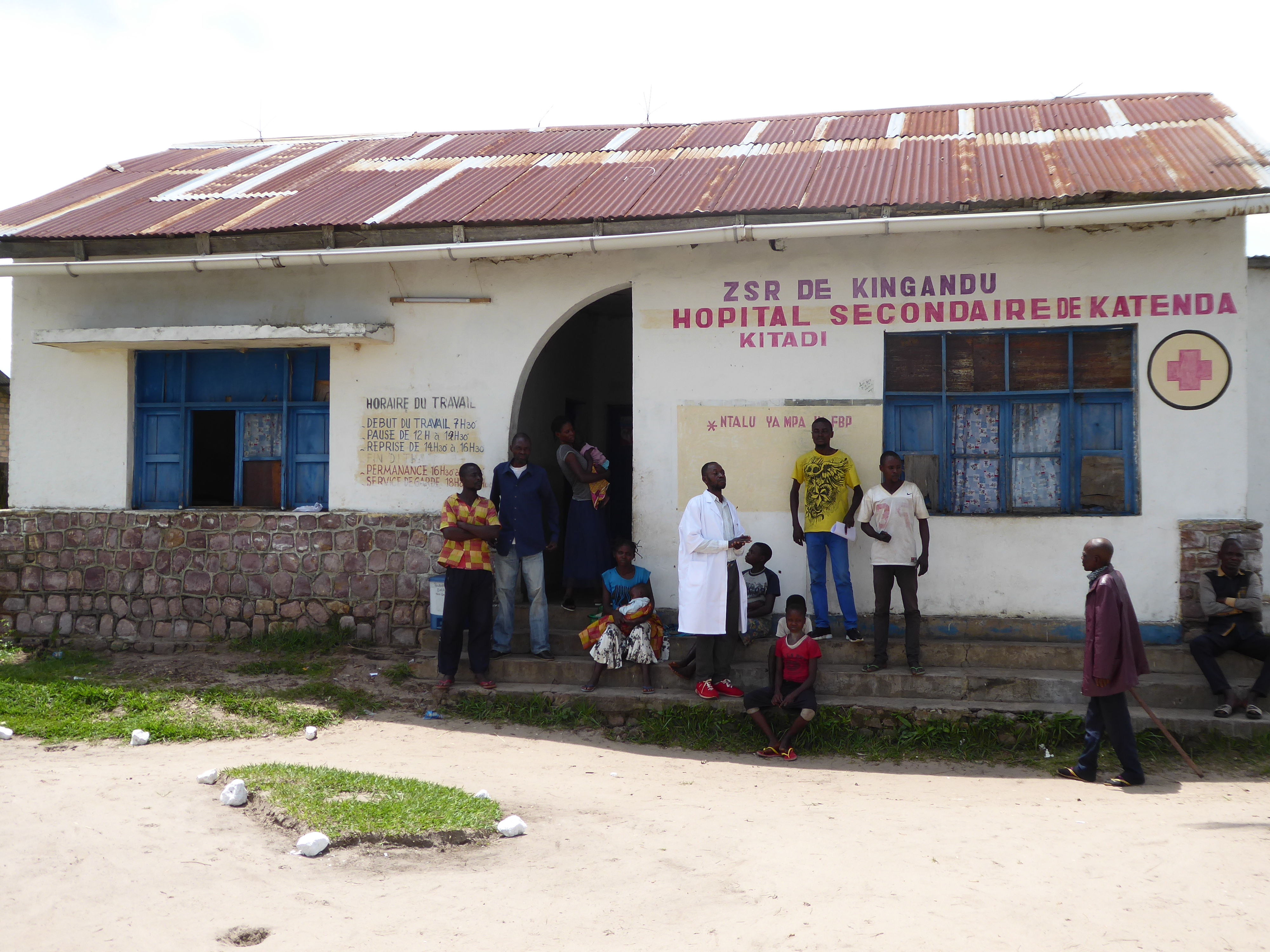
The advantages of teleconsultations leveraged by smart glasses: a case study in DR Congo
The above story nicely illustrates the essential role smart glasses play in examining patients in rural areas, with no experienced doctor being present. In the context of an 18-month long case study, nurses executed teleconsultations leveraged by Iristick smart glasses in a local healthcare center in the rural neighborhood of Kigandu (DR Congo) to connect with a remote doctor in the district hospital.
As Iristick smart glasses are equipped with a camera, the nurse wearing the glasses can diagnose patients from the village while the doctor offers medical assistance from a distance. Only when a case is too complex for the nurse, the patient gets referred to the nearby hospital. According to our results, this new way of collaborating remotely via innovative smart glasses technology has led to multiple positive outcomes for the patients, doctors and nurses of the Kigandu health zone.
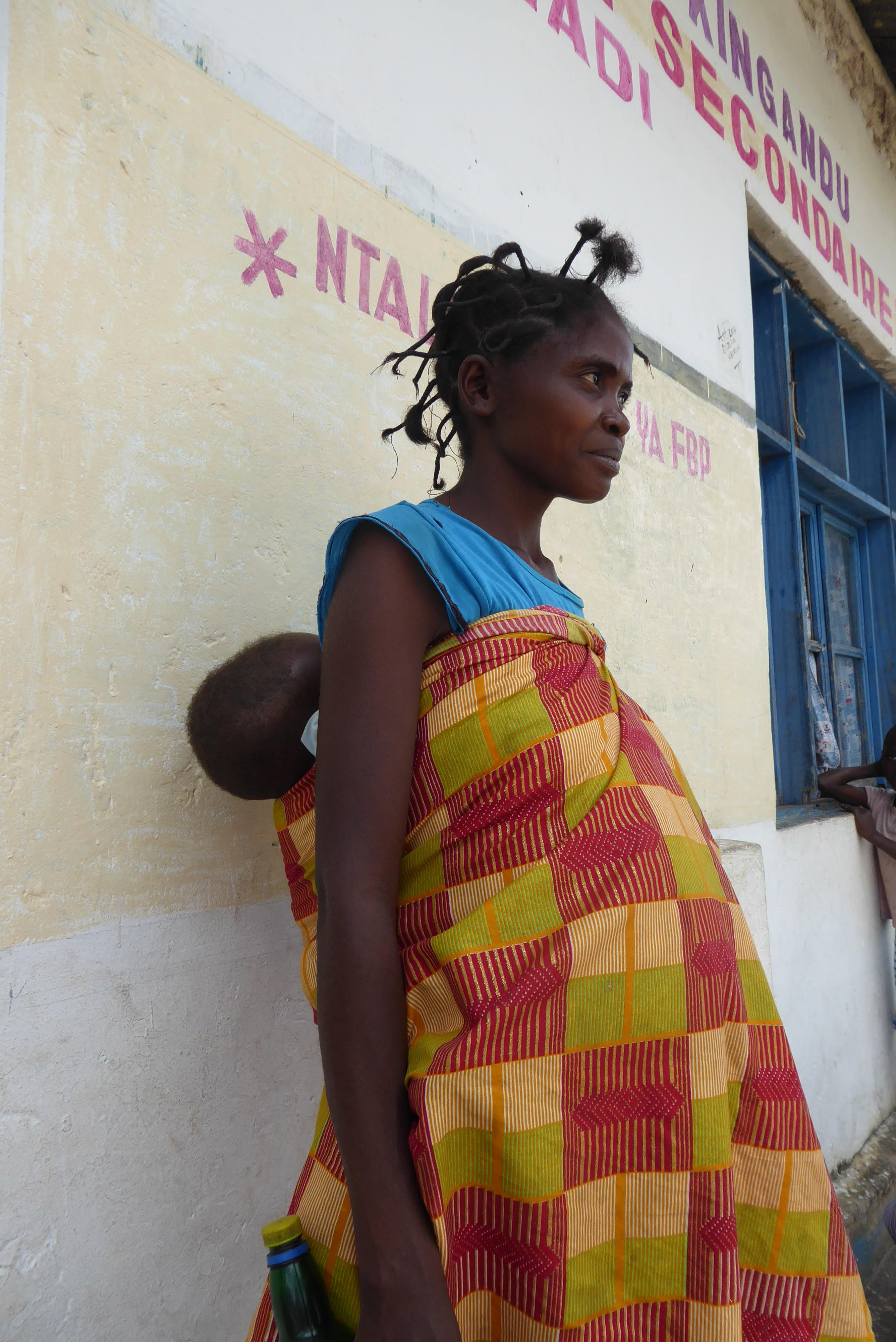
Quantitative results of teleconsultations via smart glasses:
- Total number of successful teleconsultations: 629
- Lives saved: 63
- Lives improved: 209
- Income of rural health centers increased: 45%
Qualitative results of teleconsultations via smart glasses:
- Faster & more accurate diagnosis
- Improvement of medical skills of medical staff (nurses, midwives, …)
- Increased confidence of patients
- Highly successful referral system from rural health center to the district hospital
- (Better) use of (more) rapid diagnostic tests
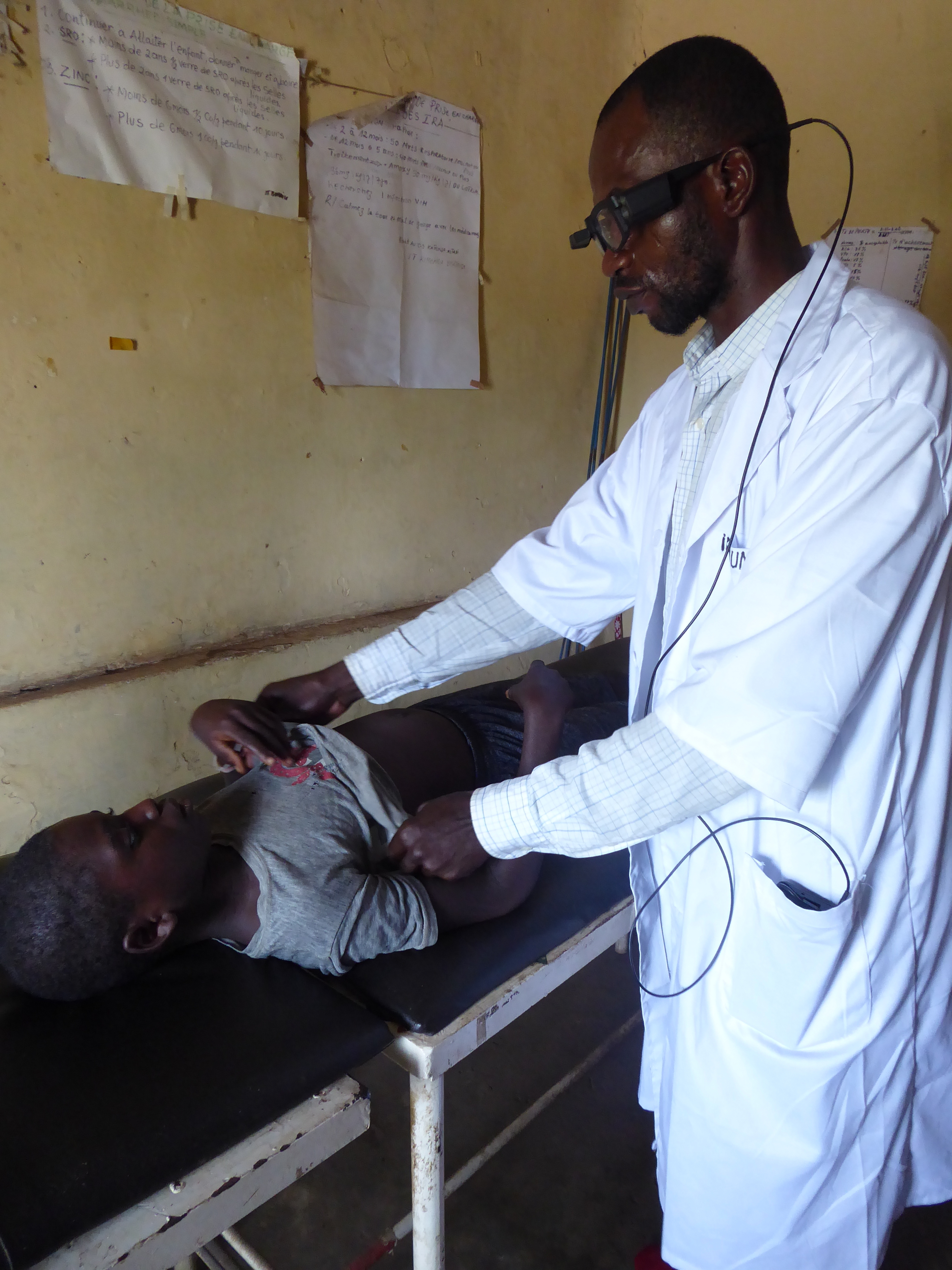
Telemedicine via smart glasses: a project with a promising outcome
To tackle the problem of accessible medical expertise, we partnered with Memisa (NGO implementor), the Antwerp Institute of Tropical Medicine and Avanti (VSAT communication) to implement a telemedicine solution in the Kingandu health zone over the last 18 months. Telemedicine essentially comes down to the practice of caring for patients remotely with the health care expert and patients not being physically present with each other. Modern technology, such as the use of smart glasses, is supporting doctors to consult patients or to support local health care workers effectively from a distance by enabling instant remote assistance.
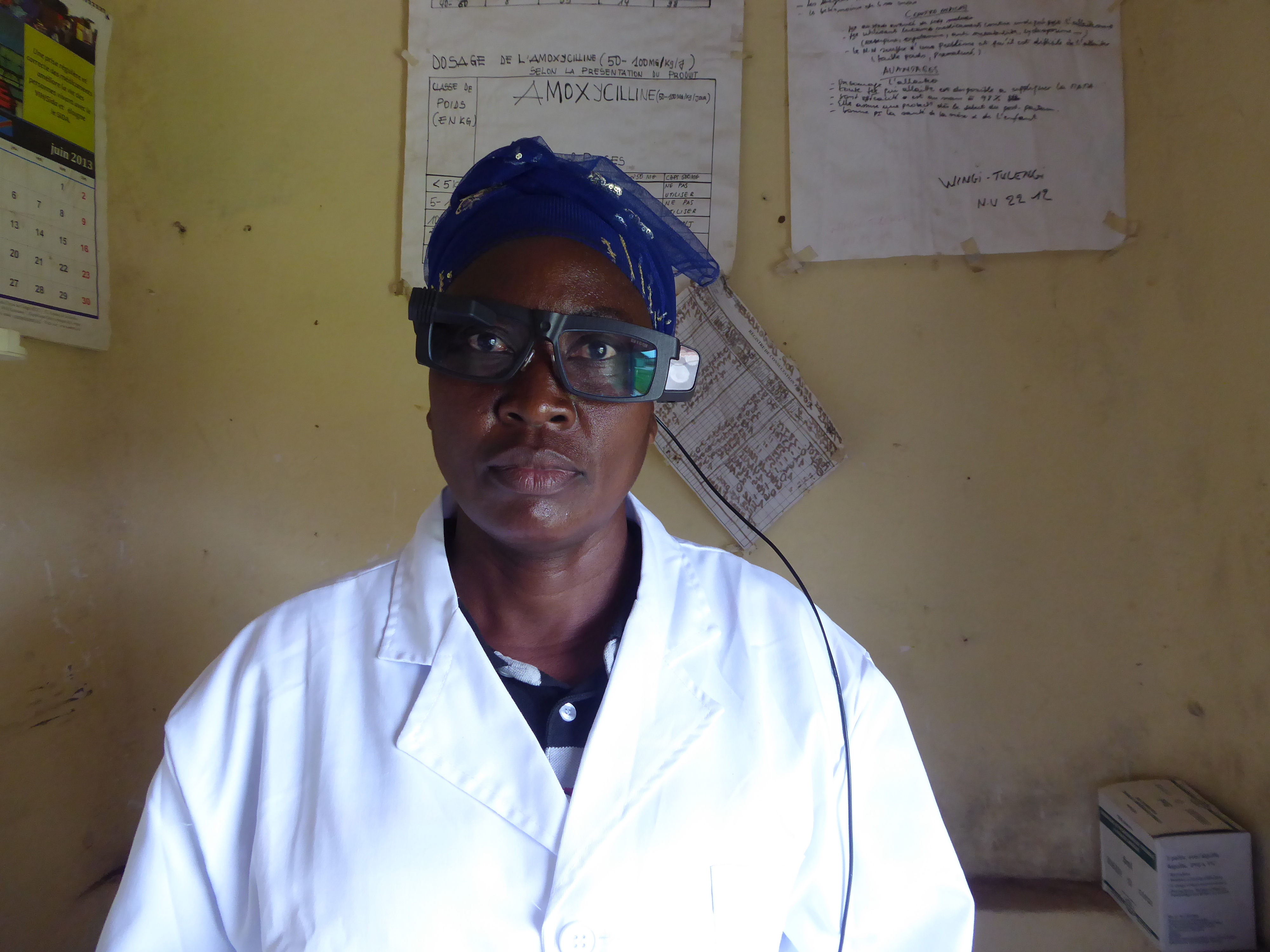
Since the beginning of this project, our smart glasses have been the ultimate tool to unlock and leverage scarce medical expertise. In this regard, doctors in the district hospitals in Kingandu are available for video conferencing three rural health centers, which are close to the underserved population in the villages. The smart glasses allow healthcare workers in these centers to connect in real time with medical experts who can assist them with diagnosis, expertise, and guidance during execution. In this way, nurses and doctors can decide together whether a referral to the district hospital is needed.
At the end of the pilot study our results show that of every 100 executed teleconsultations, 50% was related to maternal healthcare. Of these 100 cases, 30% were referred to the district hospital and of this portion, 20% to 40% were categorized as urgent. During the pilot study, a total number of 629 successful teleconsultations have been executed, 63 lives have been saved and 209 lives have significantly been improved. Besides this, the referral system from rural health centers to district hospitals turned out highly successful while the income of these health centers was boosted by 45%.
In favor of the midwives and nurses, there was a notable improvement towards faster and more accurate diagnosis, while they also got trained to use more complex medical instruments, such as rapid diagnostic tests. This constant improvement of medical skills and staff enhances the quality of health care and with the knowledge sharing process between doctor and nurse constantly being nurtured. Frontline health care staff are involved in continuous on-the-job training, assuring not only progress but also secures ongoing essential quality healthcare over time.
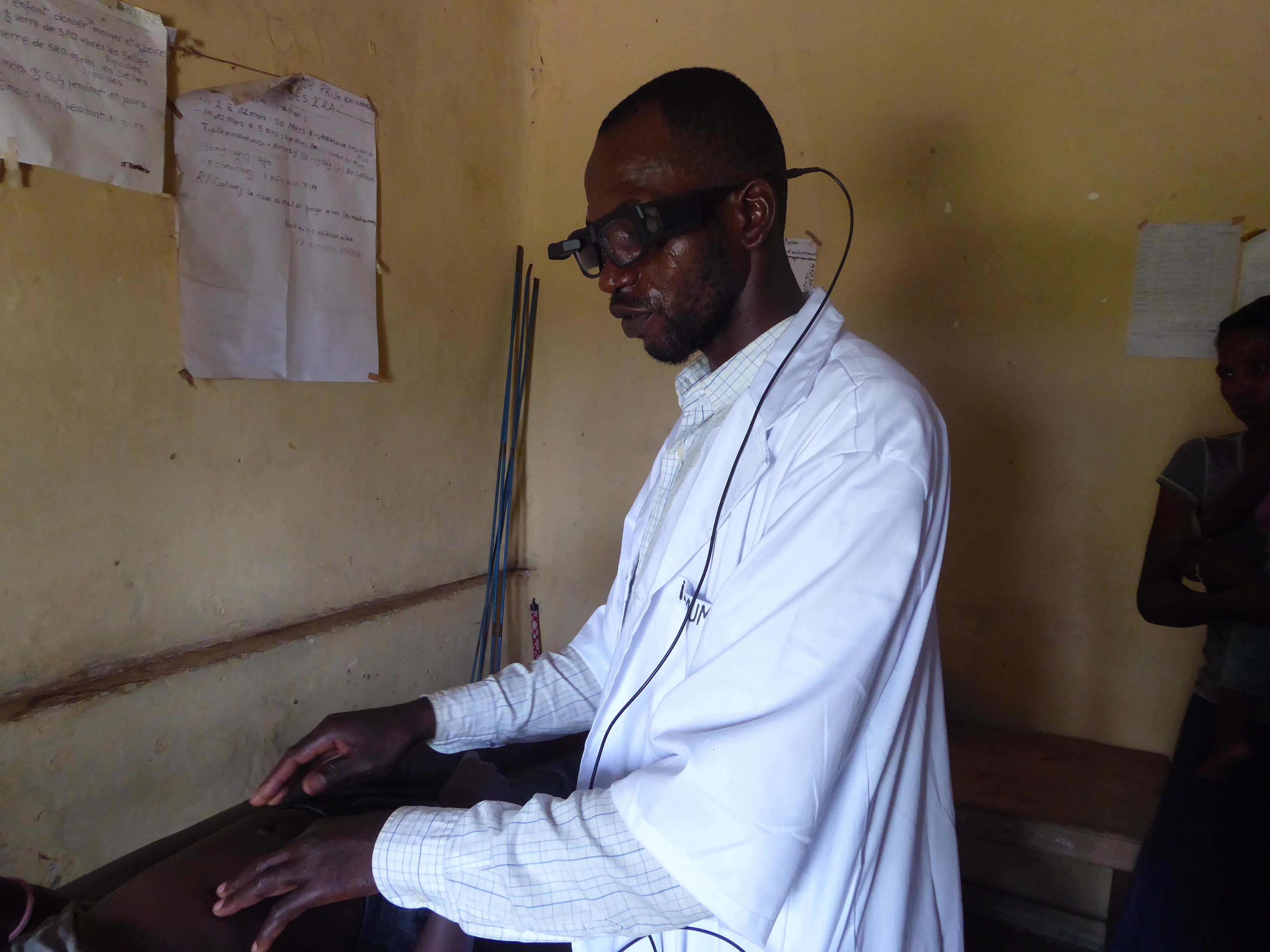
Read the full scientific paper 'Telemedicine Leveraged by Smart Glasses to Improve Primary Healthcare Services in a Remote Rural District, Kingandu, Drc, 2019–2020'.